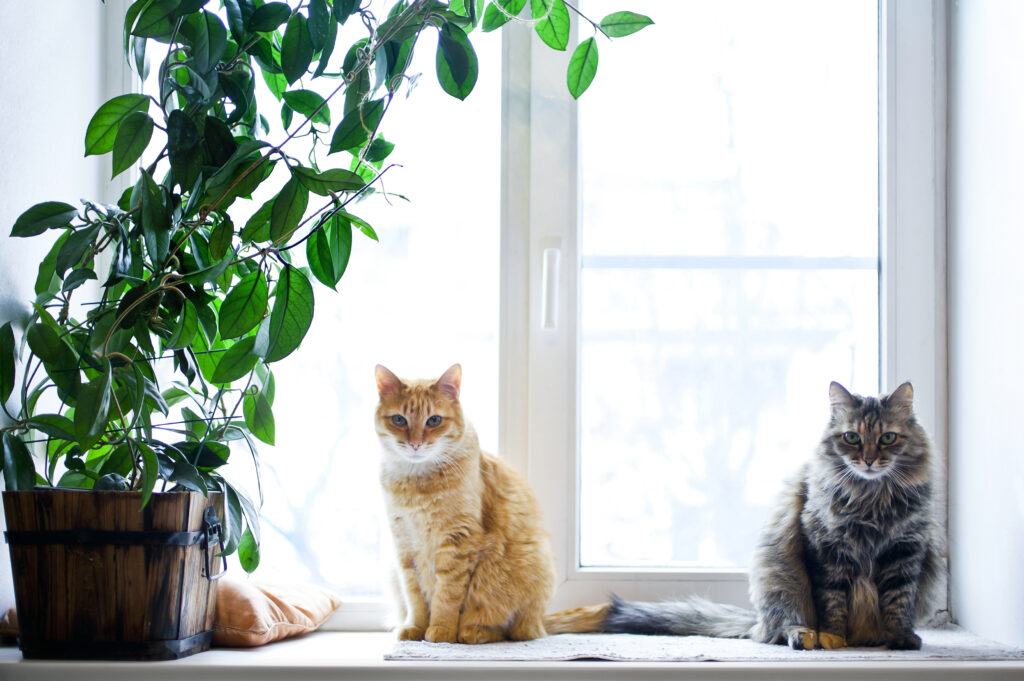When it comes to our feline companions, their curiosity knows no bounds. But sometimes, their inquisitive nature can put them in danger, particularly when they get into things they shouldn’t—like toxic plants. From lilies to poinsettias, many common household plants can pose severe risks to your cat’s health. We’re here to help you understand which plants to avoid and what preventive steps to take.
Need expert advice on your cat’s well-being? Feel free to call Shawsheen Animal Hospital at (978) 851-5558 to make an appointment or get more information.
The Importance of Identifying Toxic Plants
Your cat’s environment, indoors or outdoors, can either be a haven or a hazard. Knowing the plants that could put your cat at risk is not just responsible pet ownership—it could be a lifesaver.
Common Plants That Are Toxic to Cats
- Lilies: Even a small nibble can cause severe kidney failure.
- Oleander: Can cause severe heart issues and even death.
- Azaleas: May lead to vomiting, diarrhea, and other severe symptoms.
- Poinsettia: Causes irritation and can upset the stomach.
- Ivy: Consuming this plant leads to gastrointestinal distress.
Knowing is half the battle, and now you have a good starting point for which plants to keep out of paw’s reach.
Signs Your Cat May Have Ingested a Toxic Plant
- Vomiting: One of the most immediate signs.
- Diarrhea: Another indicator that something’s amiss.
- Drooling: An unusual amount can be a warning sign.
- Lethargy: If your cat seems unnaturally tired.
- Difficulty Breathing: Immediate medical attention is required.
If your cat is displaying any of these symptoms after plant exposure, seek immediate veterinary care.
How to Create a Safe Environment for Your Cat
- Plant Identification: Label plants around your home and garden, so you know they are safe.
- Pet-Friendly Plants: Consider substituting toxic plants with cat-friendly alternatives like catnip or spider plants.
- Restrict Access: Use baby gates or closed doors to keep certain areas off-limits to your cat.
Remember, even with all these safeguards, it’s always better to be safe and get a professional opinion when in doubt.
Don’t Leave Your Cat’s Health to Chance—Take Action!
Education and prevention are crucial, but nothing replaces professional advice and medical treatment. If you have any concerns about your cat’s exposure to plants or are looking for ways to make your home safer, we’re just a phone call away.
For your cat’s health and safety, call Shawsheen Animal Hospital today at (978) 851-5558 to schedule an appointment or to gather more information. Let’s work together to make sure your feline friend lives a long, happy, and healthy life, free from the risks of toxic plants.






